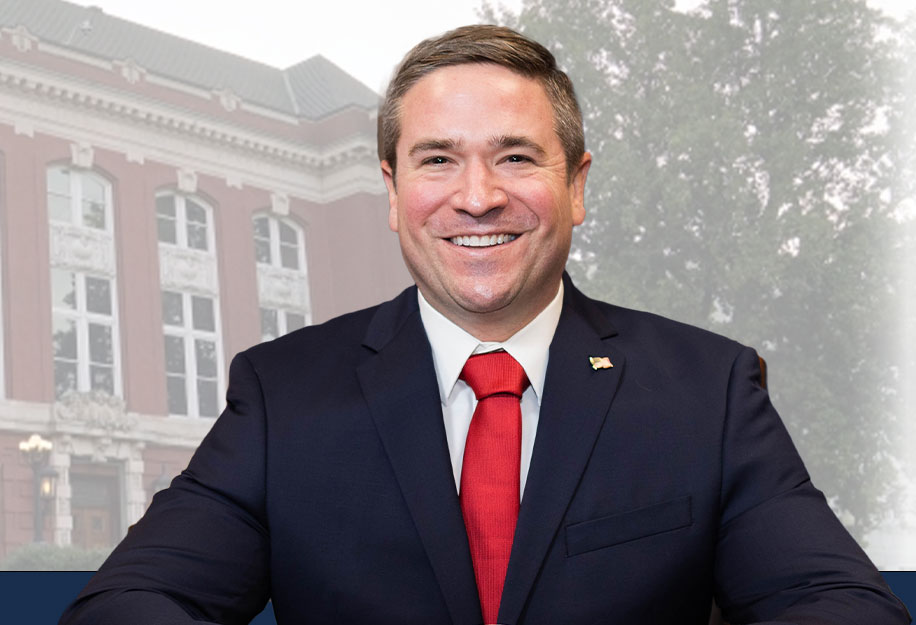By Category – Enforcement and Penalties for Purposeful or Knowing Violations
R.L. POLK & CO. v. MISSOURI DEPARTMENT OF REVENUE, 309 S.W.3d 881 (Mo. App. W.D. 2010)
Polk sought penalties alleging that Department of Revenue purposefully violated the Sunshine Law. The court held that the mere intent to engage in conduct is not purposeful, but a governmental body must exhibit a conscious design, intent, or plan to violate the law with awareness of the probable consequences. Where DOR attempted in the absence of statutory direction to determine a charge based on its interpretation of costs its conduct was not purposeful.
GREAT RIVERS ENVIRONMENTAL LAW CENTER v. CITY OF ST. PETERS, 290 S.W.3d 732 (Mo. App. E.D. 2009)
After Great Rivers requested records from the City, the City invoked its right pursuant to § 610.027.6, RSMo, to seek an opinion from the Attorney General regarding the legality of closing particular records. While opinion request was pending, Great Rivers filed action alleging the City knowingly and purposefully violated the Sunshine Law by not providing the requested records. Court ruled that there was not sufficient evidence to find a knowing or purposeful violation because the City availed itself of § 610.027.6, RSMo.
CLIENT SERVICES, INC. v. CITY OF ST. CHARLES, 182 S.W.3d 718 (Mo. App. E.D. 2006)
Once a party seeks judicial enforcement of the Sunshine Law, the public governmental body has the burden to demonstrate compliance.
R.E.J., INC. v. CITY OF SIKESTON, 142 S.W.3d 744 (Mo. 2004)
City that violated the notice requirements for meeting in adopting an ordinance may have that ordinance voided even if the city repealed the ordinance after being sued.
CITY OF SPRINGFIELD v. EVENTS PUBLISHING CO., 951 S.W.2d 366 (Mo. App. S.D. 1997)
If a public governmental body seeks a judgment declaring whether a record is open or closed pursuant to § 610.027.5, RSMo, the body must pay both its own costs of bringing the action and the respondent’s attorney fees. See also, Hemeyer v. KRCG-TV, Open Records and Meetings category.
STRAKE v. ROBINWOOD WEST COMMUNITY IMPROVEMENT DISTRICT,
___ S.W.3d ___ (Mo. 2015)
Public government body elected not to produce documents related to a settlement agreement reached with a third party after its counsel advised the body that the records were open but that it should deny the request because of the possibility of a breach of contract lawsuit for violation of a confidentiality clause in the settlement agreement. The Court held that the body’s decision to withhold the requested documents was “knowing” in that the body had actual knowledge of its obligations, and “purposeful” in that the body’s actions were part of a “conscious design, intent or plan to violate the law . . .with awareness of the probably consequences.”

